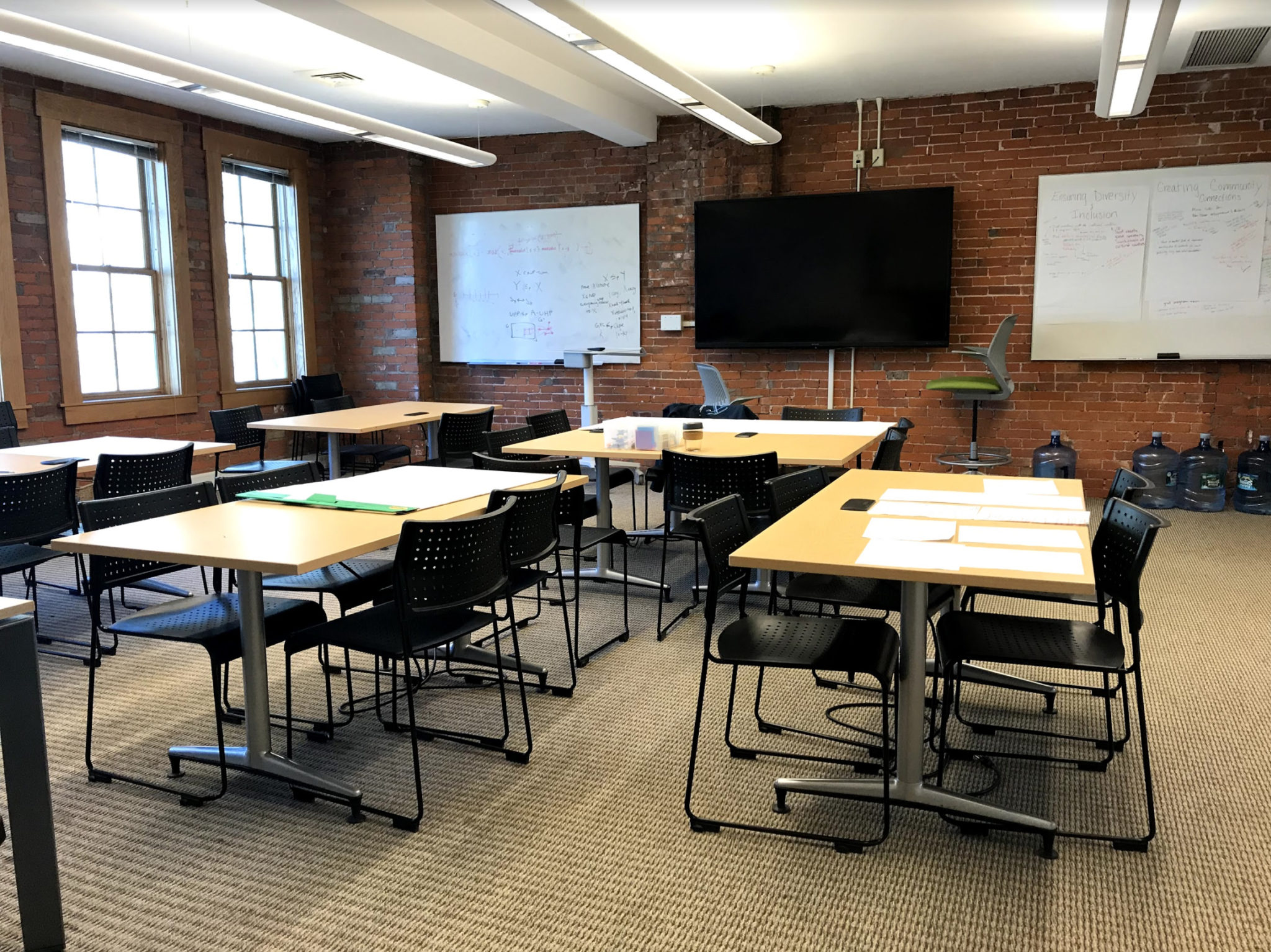
Since its creation a year ago, the Tsai Center for Innovative Thinking at Yale has flourished into a hub for innovative student entrepreneurship.
Still, the center — which offers mentorship, financial support and other resources to aspiring undergraduate and graduate entrepreneurs — did suffer initial growing pains. The News reported last October that the center faced difficulties educating aspiring entrepreneurs about its offerings. But now, at the end of its first year, it has worked with more than 1,750 students from every school at the University, supported more than 90 teams of student entrepreneurs in various projects and has grown to boast 12 Mentors in Residence who offer guidance to student teams.
“Tsai CITY is about having a safe space on campus to take risks and explore new ways to innovate,” said Cass Walker Harvey, the program director for social entrepreneurship at Tsai CITY and the Yale Center for Business and the Environment. “CITY is now a hub of entrepreneurship and innovation. We want to change the narrative of what entrepreneurship looks like on campus.”
The center, which was funded by and named for Joseph Tsai ’86 LAW ’90, is currently located at 254 Elm St. In the spring of 2020, however, it will move into its own space on Becton Plaza, which is designed to cultivate collaboration.
“It’s absolutely exciting and essential to have a center that promotes entrepreneurship and really helps tool students with skills and knowledge on how to run a start-up,” said Dean of Yale College Marvin Chun. “It’ll be pretty cool … to see how [CITY] will be even further enhanced with its own, cohesive space.”
In its inaugural year, the center has sought to reach out to undergraduates specifically through undergraduate student ambassadors, like Felicia Chang ’20. Chang said that, in her experience, students’ reactions to the center have been “generally positive” and that it has given students with ideas for startups “someone to talk to and provide guidance as well as potential investments.”
Outreach efforts to undergraduates have been fruitful. At the moment 40 of the 68 student employees at CITY are undergraduates. And 60 percent of students in CITY programming are in Yale College.
As part of its programming, CITY has brought in 35 “accelerator teams” — 19 in the fall term and another 16 in the spring — comprised of students with promising ideas. They then go through a six-week training period, are matched with a mentor and participate in a culminating pitch-off. Every team gets $1,000 to put toward its idea. Winners of the pitch-off get addition funds.
When Farhha Feroz ’20 helped start Students of Salaam, an organization that aims to better integrate immigrants into their communities, it had two Yale students and five members. Thanks to the center’s support, it now has 70 ambassadors, who work with 300 migrants and 200 community members.
“Through Tsai CITY, we were provided with world-class mentors and training on how to establish our nonprofit,” Feroz explained. “They helped us realize our potential and encouraged us to think big but simultaneously think with caution and hesitation.”
She went on to explain that CITY helped her team hone its pitch and provided her group with funding, which fostered growth.
Students have been using the space for reasons beside entrepreneurship as well. Lily Dodd ’21, a prospective English major, said she worked on a group Spanish project at CITY last week. She explained that it was nice to have a space to work outside of a library, which she feels does not foster collaboration to the same degree due to many factors, such as rules about staying quiet.
In the future, Walker Harvey explained that CITY will focus on engaging external parties — especially alumni — who are interested in providing coaching and mentorship.
“If there’s something that I’d like to see more of at Yale it’d be innovation and entrepreneurship spirit,” Chun said.
Skakel McCooey | skakel.mccooey@yale.edu







